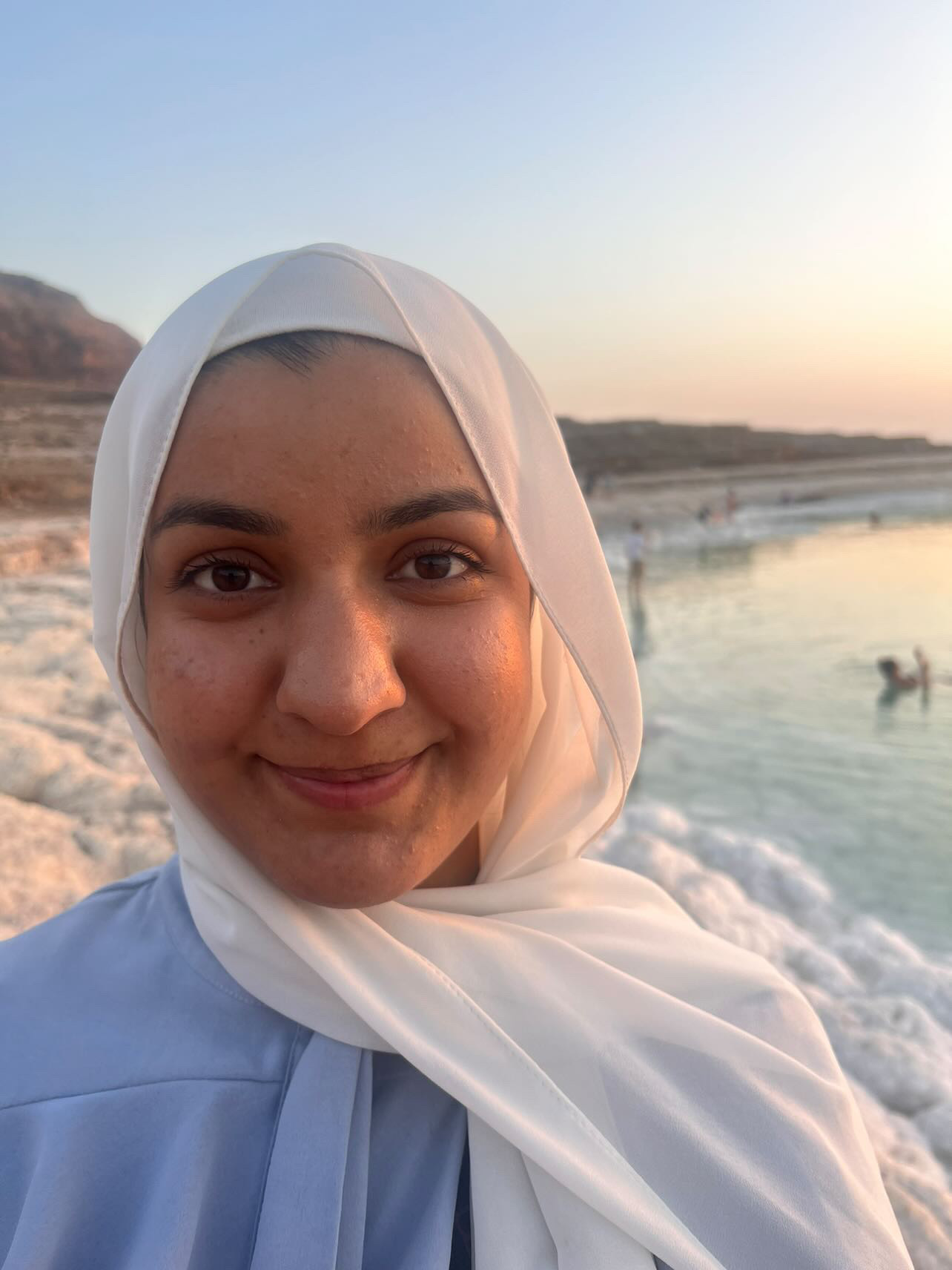Third-year student honored for resiliency, activism
Pictured: Lina Al Taan Al Hariri, recipient of prestigious Truman Scholarship for public service leadership. Photo Courtesy of: Lina Al Taan Al Hariri
Lina Al Taan Al Hariri, a third-year University of Rhode Island student and $30,000 Harry S. Truman Scholarship recipient, has redefined her identity as a Syrian Muslim asylum-seeker to mean “resilient.”
Al Hariri, a triple major in international studies, global language and area studies, and gender and women’s studies, has spent the semester abroad interning with the Refugee Service in Jordan and teaching English to refugees, according to her. She is now URI’s 16th Truman Scholar, according to the URI website.
The Truman Scholarship provides students with the funds and resources they need to become a part of the future of public service leadership, according to the Truman website. In addition to initial monetary support, the award facilitates collaborations with schools such as Brown University, Harvard University and Yale University.
Following her graduation from URI, Al Hariri hopes to pursue a career in human rights law and advocate for forcibly displaced people worldwide, according to her.
Prior to receiving the scholarship, Al Hariri viewed her public service work as nothing other than her way of giving back to her community, according to her. She served as an officer in the URI Muslim Student Association, volunteered with refugee organizations, and is a proud member of the Masjid Al-Kareem in Providence.
“I didn’t even know I was doing any public service until it was mentioned to me that I was doing it,” Al Hariri said. “I was doing it because I thought it was a quality of what a Muslim should be…. I was never thinking ‘This should go on my resume,’ I was just fulfilling my role.”
According to Al Hariri, her biggest and most eye-opening public service opportunity was “gifted to [her] by God.”
Al Hariri explained that she was planning to go to Boston with her friend and a mutual friend, but when her friend never showed up, she was stuck in the city with a girl she had never met before. The two ended up at “Charity Week,” a worldwide non-governmental project in collaboration with Islamic Relief.
Charity Week is a 100% volunteer-led campaign of Islamic relief, intended to raise money for orphans and children in need, according to the Charity Week website. In the last week of October 2022, the organization raised almost $3 million among eight countries.
“We were at this auction… and the whole room was filled with Muslims like me, hijabis, and people of different backgrounds,” Al Hariri said. “I felt like I was safe in that room and that people looked like me, and immediately asked how to get involved.”
Al Hariri was named regional vice chair for the 2022 New England Charity Week campaign team, which is the top role for a new volunteer, according to the URI website. In this role, she and her team recruited 33 institutions — including URI’s MSA — and increased the participation of Muslim student organizations by 57%.
Through facilitating Islamic Relief charity through auctions, challenges and ‘pie student committee member’ events, Al Hariri hopes to extinguish the shame associated with the word ‘refugee.’
“I hate when commercials record Syrian refugees in camps, when they don’t have shoes on, and make people feel sorry for them,” Al Hariri said. “There’s so many ways to fundraise, help out and establish goods without the use of little kids in refugee camps.”
The plight of refugees, asylum-seekers and migrants hits home to Al Hariri, who fled from Syria on Jan. 3, 2013, according to her.
“It was during the night,” Al Hariri said. “I was sleeping on my sister’s lap and I woke up and found myself in a truck. I stood up, and it was so cold, and I just saw fire eating my hometown, my house, my neighborhood, everything.”
Fleeing to the Jordanian border at the age of 11, Al Hariri stated that she had to learn that part of her identity was tied to her now-refugee status. She further realized that she was seen as a Muslim Syrian asylum-seeker after moving to the United States.
“I was just Lina, then I was the Syrian Lina in Jordan,” Al Hariri said. “When I came to America, I was the Muslim Syrian Lina. I’ve always been that person, but a was the process [of] realizing that.”
Al Hariri never had an issue with the title of ‘refugee’ until she realized how society attaches the word to shame. With the funds and connections granted by the Truman Scholarship, Al Hariri wants to show that people shouldn’t be “pitied” for being asylum-seekers.
Al Hariri’s receiving of the Truman Scholarship was not a shock to her friend Helin Can, a third-year clinical neuroscience major.
“After she told me she applied, I had no doubt in my heart that she would get the scholarship,” Can said. “There’s a reason why she has this amazing opportunity… and I am honored to know her.”
Having Al Hariri win this scholarship was a big step in representation for Muslim women for the University, according to Can. Seeing someone with a role in her own community was “inspiring” and “so exciting” for her.
“I had always questioned the statement ‘You’ll make a change,’ because I wondered how someone so small could have an impact that big,” Al Hariri said. “But I realized it takes one person to make a huge difference — positive or negative. And we need to work together and help cancel out the negatives in the world.”

